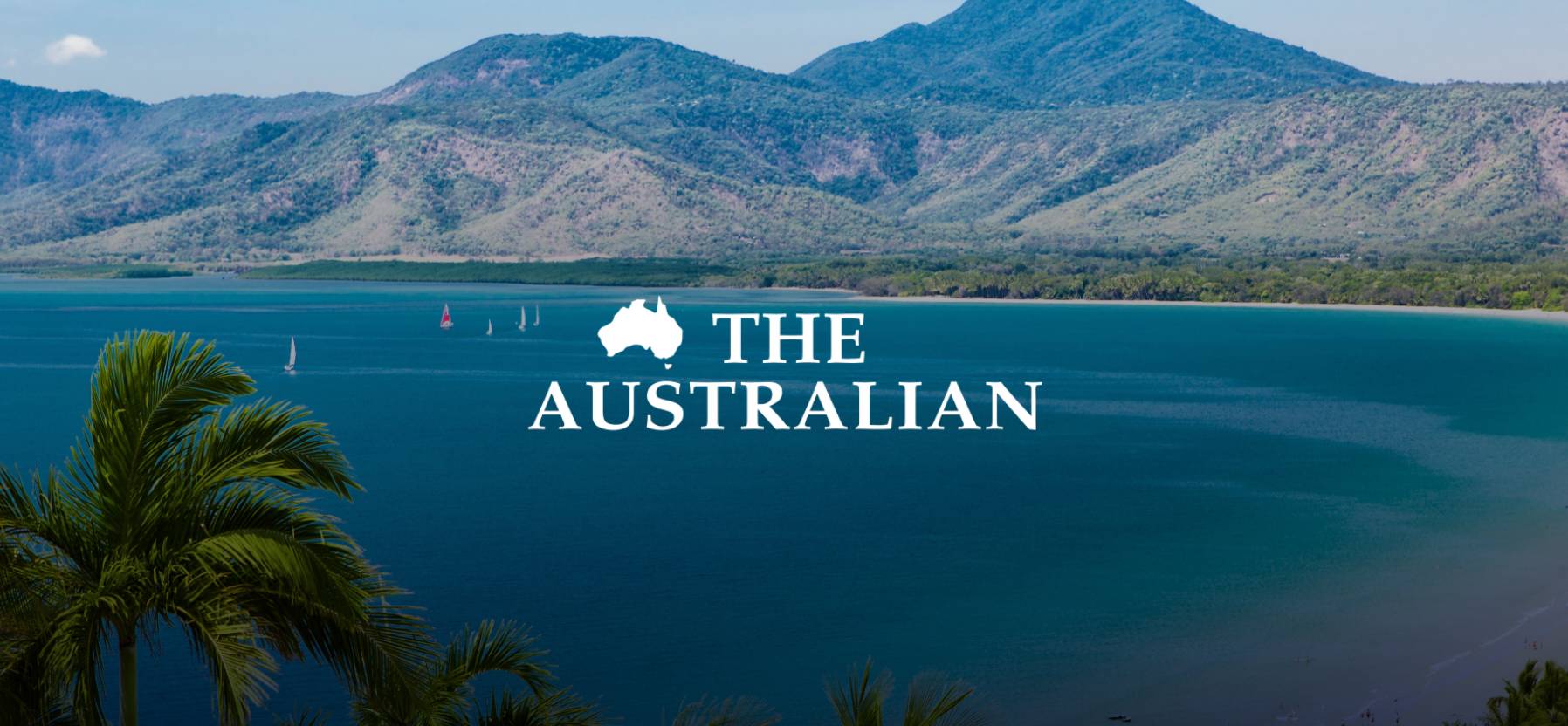By Sue Neales
Leading US-based private equity firm Paine & Partners is on the hunt for more agricultural assets in Australia after cashing in most of its 50 per cent holding in fruit and vegetable company the Costa Group.
Kevin Schwartz, president and a Paine & Partners founder, told The Weekend Australian that after the ASX float of Costa last week, his company had reduced its interest to 12.2 per cent, while remaining the listed company’s largest shareholder.
Mr Schwarz said new Australian investment in aquaculture and seafood, where P&P already has key interests in Norway Scanbio Group and Seattle-based Icicle Seafoods, was the most alluring.
Australia’s biggest horticultural grower, Costa Group sold 245 million of its 320 million shares for $2.25 each on listing last week, raising $550 million for its joint owners, the Costa family and Paine & Partners, and paying down debt.
The remaining 75 million or 24 per cent of shares not sold on the open sharemarket were retained by Frank Costa, 77, and his family (10.3 per cent) and Paine (12.2 per cent), which first bought into the Australian family private business in 2011.
The Costa family will make $145m from cutting its stake in the company from 45.8 per cent to 10.5 per cent.
Mr Schwartz said the public offer of Costa — which is Australia’s dominant grower of berries, mushrooms, citrus and glasshouse truss and cherry tomatoes — had delivered good returns for Paine investors, after an initial strategic investment of about $100m. “It has been a very successful investment for us and we are happy with both the outcome and to hold the remaining stake,” Mr Schwartz said.
“We have doubled EBITDA during our investment period, both revenue and growth, and we are very excited about the remaining stake; Costa is a very well-positioned business in Australia and has really interesting growth platforms in northern Africa to supply Europe and in Thailand to supply Asia.” Mr Schwartz said it was now investigating other opportunities in Australian agriculture, in similar high-value areas of the supply chain closest to the farm or seas, rather than in processing.
He said the focus was on protein — in demand as Asia’s fast-growing middle class becomes more affluent — but more seafood and fish products rather than meat.
He said Paine & Partners, which had more than $1bn worldwide invested in agricultural and agribusiness ventures, preferred to invest in and partner private family business or unlisted companies.
Typically he said these would be businesses constrained by capital or looking for skills and international know-how and growth opportunities that might transform their businesses.
“We typically invest across the entire agricultural value chain, but focus on the top part of the value chain, including areas such as agricultural inputs like crop protection products, seeds, irrigation and genetics,” Mr Schwartz said.
“We also like to focus on production agriculture, in high value crops such as horticulture, and Costa’s with its high value categories such as mushrooms, berries and the like continues to be one of our central areas of focus.” Mr Schwartz said Paine was geographically “agnostic” when investing funds, preferring to find the best high-quality companies in parts of the agricultural and food value chain that it found most attractive, regardless of country.
He said the company was focusing on the key themes of health and wellness globally, rather than solely riding the Asian food boom story like so many other Australian investment companies.
“But we have strong relationships in Australia in this sector and we are seeing a lot of interesting opportunities at the moment,” Mr Schwartz said.
“We think it is a good time to deploy more capital in the region and we hopefully will be making another investment in Australia in the near term.”Mr Schwartz said greenfield projects were not of great interest, since the greatest benefit his company could offer was strategic repositioning and growth skills for existing businesses.
